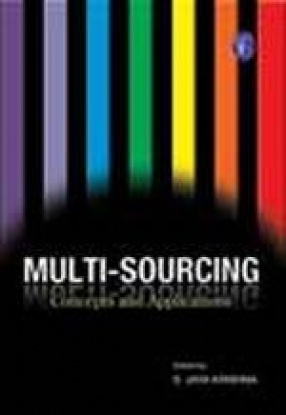‘Microfranchising’ is relatively a new term, currently used to describe income-generating opportunities for the poor through franchising that can be easily replicated. This practice takes the existing products and services and bundles them as stand-alone microfranchises that serve as easily managed business opportunities for citizens of poverty-stricken countries. It involves the principles and practices of traditional business franchising model (where there is a franchisor and a franchisee and the franchisor provides training, marketing and branding that lead to success). The obvious distinction is that microfranchising model works on a ‘no-profit’ motto with an intention to provide economic self-reliance to the poor. The impetus behind the idea of "Microfranchising" is to provide sound business opportunities and services to the poor by introducing scaled-down business concepts found in successful franchise organizations. With the awarding of the 2006 Nobel Prize for Peace to Professor Muhammad Yunus and Grameen Bank, Bangladesh, for their efforts to create economic and social development from below, attention has increased on this remarkable concept around the world. This book, while introducing ‘microfranchising’, focuses on its concepts, significance, applications and perspectives. It presents the overview and status of microfranchising across the world and further includes the experiences of social institutions and corporates across different regions/countries. The book is targeted at various interest groups, including international and national non-governmental organizations/ agencies, corporate houses, individual entrepreneurs and social consultants. Researchers, academicians, policymakers, institutions and organizations involved in poverty reduction globally can also be benefited with the insights provided in this book.
Indian Industry and Environment: Policies and Practices
Several factors are driving ...
$36.00
$40.00










There are no reviews yet.